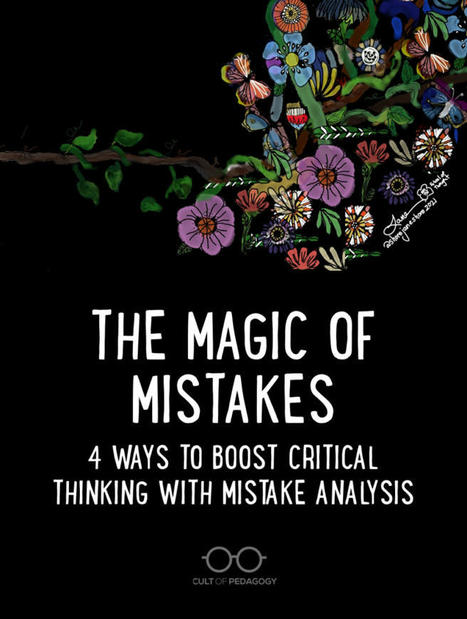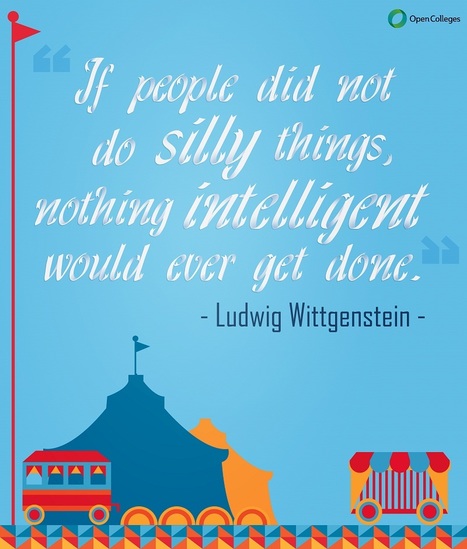Mistakes are a natural part of learning, but students cannot develop into critical thinkers if they regularly freeze out of the fear of making a mistake. As educators, we can shift the culture of our classrooms to embrace mistakes, and one way to do this is through mistake analysis, one of several powerful but practical strategies I share in my book, Thinking Like a Lawyer: A Practical Framework to Teach Critical Thinking to All Students. As a math-teacher-turned-attorney, I wrote this book and started my organization, thinkLaw, to help educators seamlessly incorporate critical thinking into their curriculum.
Via John Evans



 Your new post is loading...
Your new post is loading...








